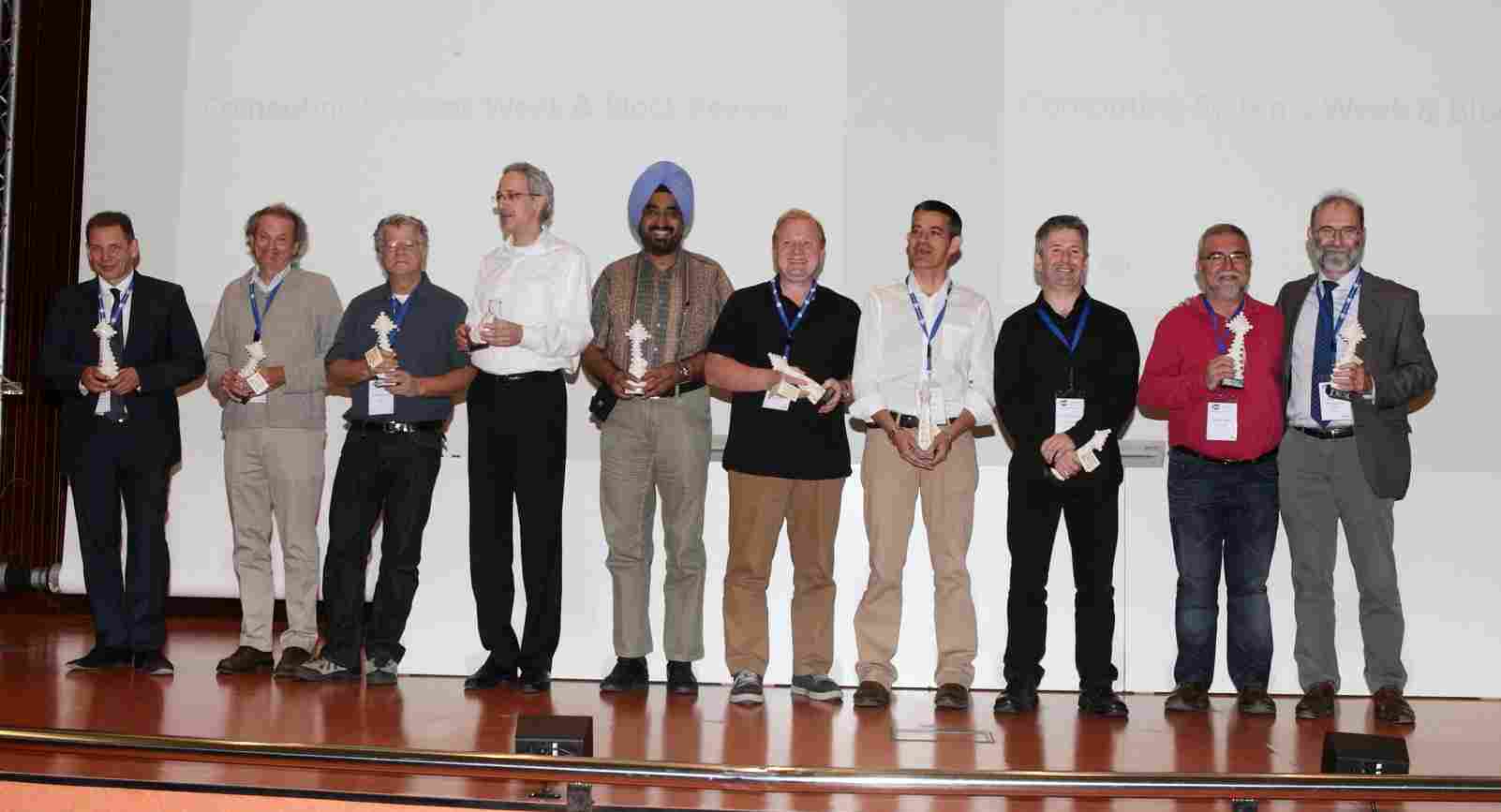Communications of the ACM
Hipeac Celebrates 10 Years of Achievement

The European Network of Excellence on High Performance and Embedded Architecture and Compilation known as HiPEAC (High Performance and Embedded Architecture and Compilation) is celebrating its 10th anniversary.
Credit: HiPEAC
This week, the European Network of Excellence on High Performance and Embedded Architecture and Compilation known as HiPEAC (High Performance and Embedded Architecture and Compilation) celebrates its 10th anniversary.
HiPEAC operates under the European Commission’s Seventh Framework Programme (FP7) as "Europe’s premier organization for conducting research, improving mobility, and enhancing visibility in the computing system field," according to the organization’s website. The network is run by a consortium of six universities, one research institute, and five companies, and is coordinated by Belgium’s Ghent University.
Covering all segments of computing, the organization has created the annual HiPEAC conference aimed at disseminating advanced scientific knowledge and promoting international contacts among scientists, as well as the ACACES (Advanced Computer Architecture and Compilation for High-Performance and Embedded Systems) summer school for computer architects and tool builders working on high-performance computer architecture and compilation for computing systems. HiPEAC also publishes bi-annual vision documents listing upcoming research challenges in computing systems in Europe.
The organization’s founder, Mateo Valero, who also is director at the Barcelona Supercomputer Center, says HiPEAC has "clearly transformed the computing system community in Europe" over the past decade. "Before HiPEAC, we had to travel to the United States to occasionally meet European colleagues. Today, European researchers meet their peers in Europe to discuss research and to collaborate."
Marc Duranton of the Embedded Computing Laboratory Centre de Saclay of CEA (a French government-funded technology research organization), who is in charge of the biannually updated HiPEAC roadmap, says, "Over the years, we have learned how to turn the insights of more than 1,000 members into a coherent vision, which is accessible, and can be used by our members to orient their research. We take into account the market trends, the technology constraints, and opportunities to create recommendations and a vision document (the roadmap)."
HiPEAC network coordinator Koen De Bosschere, a professor at Ghent University, says the organization is actively involved in ACM Europe, and collaborates with the journal ACM Transactions on Architecture and Code Optimization (ACM TACO).
About 400 European computing systems researchers gathered in Barcelona, Spain this week for the HiPEAC 10th Anniversary Workshop, which includes the organization’s annual Block Review of European Commission-funded projects in the area of Advanced Computing to "analyze measure and maximize the potential and actual impact of the projects in terms of exploitation."
|
Says De Bosschere, "We’ve been going strong for a decade now, and are ready to run for another 10 years. Now that we understand the needs of the European community, we can better address them and continue to drive initiatives that will help impact the state of research and development in Europe."
Lawrence M. Fisher is Senior Editor/News for ACM Magazines.
No entries found
 Speakers at HiPEAC's 10th Anniversary Workshop event included, from left, Max Lemke of the
Speakers at HiPEAC's 10th Anniversary Workshop event included, from left, Max Lemke of the